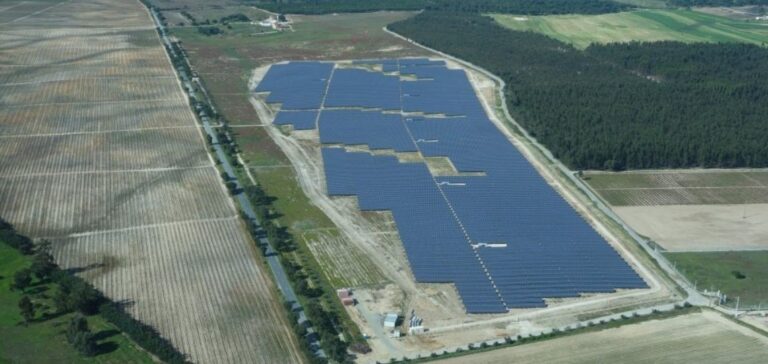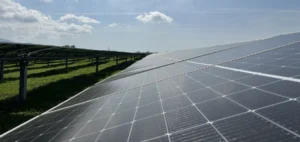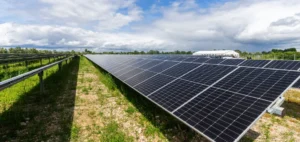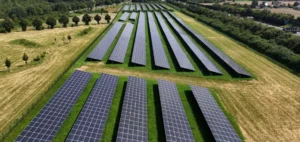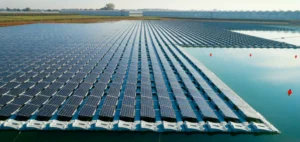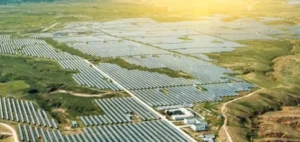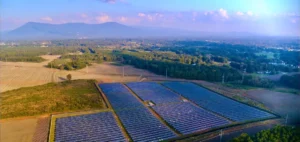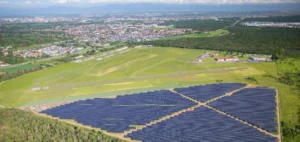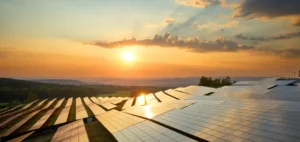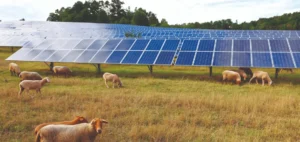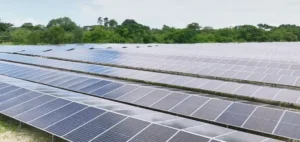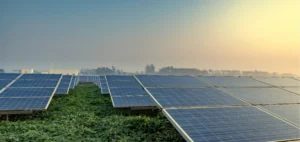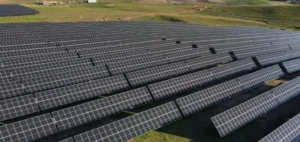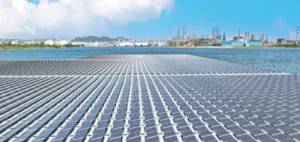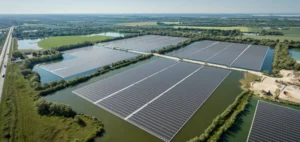Portugal, with the support of the Ministry of Agriculture and Rural Development, has awarded Akuo, a renewable energy developer, an experimental agrivoltaic project as part of the National Agricultural Modernization Program. The project, part of Europe’s NextGenerationEU recovery plan via the Recovery and Resilience Facility, is located in Alcobaça, a key agricultural region of the country. On the other hand, it involves close collaboration with ten entities, including INIAV (Institut national de recherche agricole et vétérinaire) and various private and public sector partners.
Project objectives and methodology
The project, called FruitPV, aims to integrate agrivoltaic technologies into the cultivation of Fuji apple trees. Akuo, in collaboration with its partner Agriterra, will develop and test several agrivoltaic models. The aim is to optimize solar energy production while maximizing the health and yield of fruit crops. The aim is to create sustainable solutions that can be extended commercially. Not only in Portugal, but also in other agricultural regions of the world.
Implications and potential of agrivoltaics
Agrivolatism, a combination of agriculture and photovoltaic production, is an innovative response to the challenges of energy and agricultural transitions. On the other hand, the project is expected to provide valuable data on the effectiveness of these systems. Whether in terms of energy production or agronomic impact. The results will help assess the viability of agrivoltaics for other types of crop. In addition, they could transform the use of agricultural land, offering a new source of income for farmers while contributing to environmental sustainability.
The FruitPV project marks a milestone in the use of agrivoltaics. It is a lever for Portugal’s energy and agricultural sovereignty. What’s more, this initiative could serve as a model for similar projects across Europe. The aim is to strengthen the links between sustainable agriculture and renewable energy production. At the same time, it shows the way for the harmonious integration of agriculture and solar energy.

